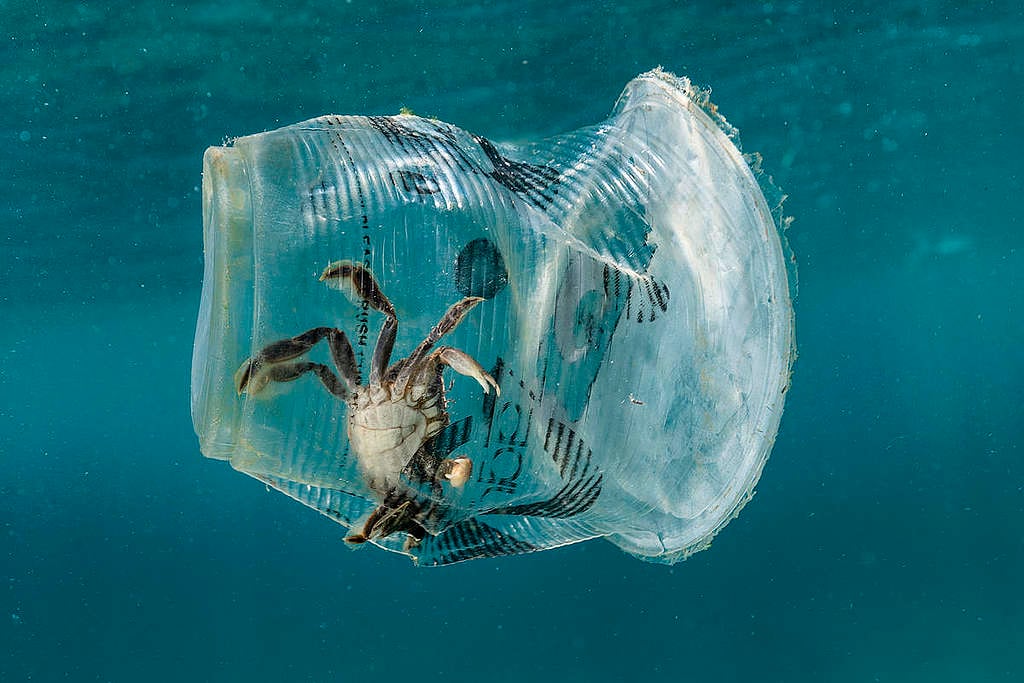Manila, Philippines, 16 August 2018 – Waves of plastic pollution has engulfed parts of Metro Manila and nearby provinces, after a combination of heavy storm and monsoon rains, with garbage clogging drainage and causing floods.
In various videos and images taken by locals and shared online of the recent tropical storm Yagi (local name: Karding), garbage can be seen washing and crashing over the shoreline, plastic floating on flooded roads, and people trying to clean up the mess after the storm.
“No amount of recycling can get us out of this global mess. Corporations may have conned us by providing so-called convenience but it’s not convenient when your city, oceans, roads, and rivers are clogged by plastic garbage,” says Abigail Aguilar, Campaigner at Greenpeace Philippines.
“This is a problem they started, and this is a crisis they have to tackle and be made accountable for.”
In a beach clean-up and brand audit conducted by Greenpeace Philippines and the Break Free from Plastic movement on 2017 on Freedom Island, a critical wetland habitat in Manila Bay, it was found that Nestlé, Unilever, and Indonesian company PT Torabika Mayora were the top three contributors of plastic waste discovered in the area.[1]
“Our insatiable appetite for single-use plastics has left us with more waste than we can ever manage in our lifetime and yet producers are set to increase production by an additional 40% over the next decade. We are scrambling to find solutions to this crisis and clean up their mess, but corporations like Nestle, Procter & Gamble, Unilever, and others will continue producing more plastics, which inevitably pour into our waterways and oceans,” says Aguilar.
“Although individuals and governments have taken on some efforts to minimise waste, corporations, especially the producers of fast-moving consumer goods, continue to avoid taking on responsibility of the long-term impacts of their products. Items like single-use plastic are problematic because as long as these are widely sold, they will be bought. Big corporations, which have the resources to look into innovation, should also introduce innovative delivery systems other than polluting plastics.”
With climate change making weather disturbances more intense and frequent, and the Philippines experiencing up to 20 typhoons a year, the impact of climate change extends further than trying to curb carbon emissions.
“Just like climate change, plastic threatens our rights to a clean, healthy environment and our very lives and livelihoods. More people are realising that we cannot go on with “business as usual” and are trying to cut down their own carbon footprint or consumption. Corporations and governments must do the same.”
Photos can be accessed here: https://media.greenpeace.org/C.aspx?VP3=SearchResult_VPage&STID=27MZIFJWT5WSM
Notes:
Contacts:
Angelica Carballo Pago, Media Campaigner, Greenpeace Southeast Asia – Philippines,
email: [email protected], phone +63 949 8891332
Greenpeace International Press Desk, [email protected],
phone: +31 (0) 20 718 2470 (available 24 hours)

